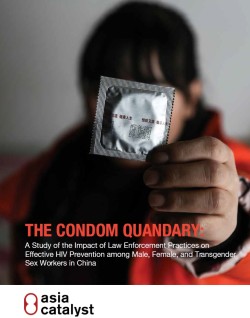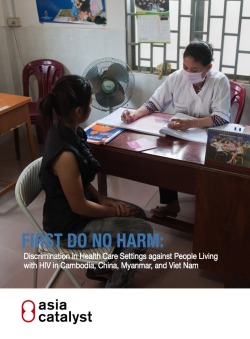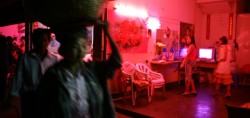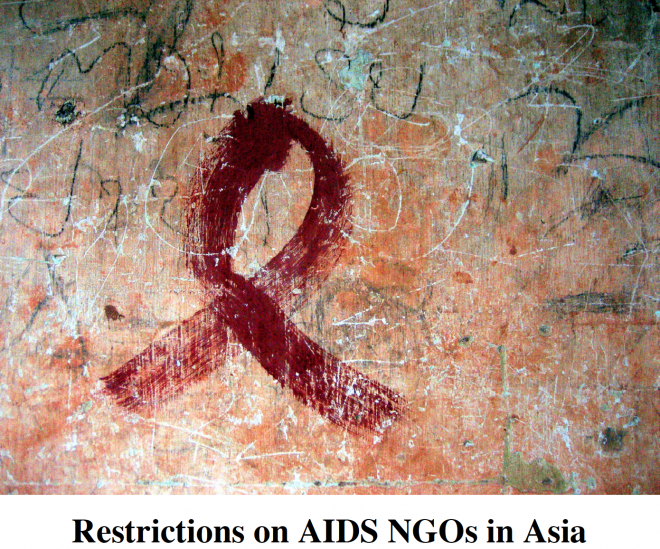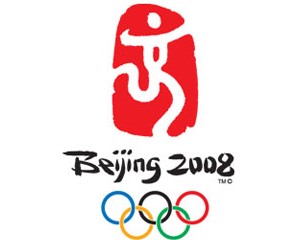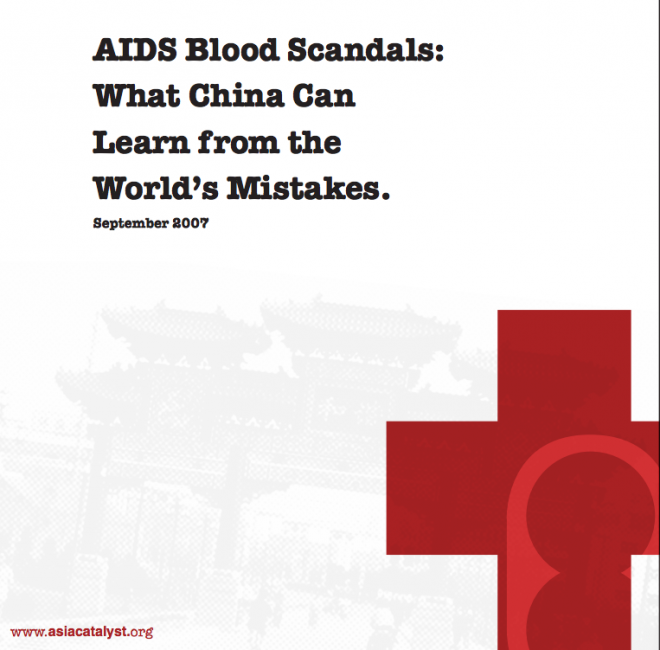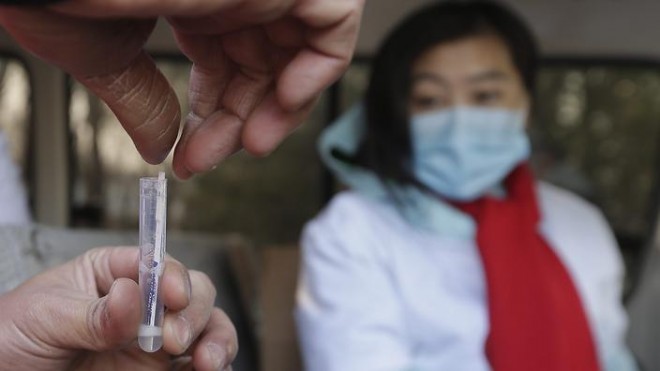Research
Asia Catalyst’s reports draw on individual testimony to document human rights issues that affect marginalized groups in Asia. We use international experience and legal analysis to make policy and law reform recommendations, and work with marginalized groups to select priority issues and conduct community-led documentation.
Discrimination
Legal Review on Detention Centers of Sex Workers in Cambodia, Myanmar, Thailand and Vietnam. Based on extensive desk research by the Cyrus R. Vance Center for International Justice, the report looks into laws and procedures governing sex work, and analyzes the legal framework on the detention and rehabilitation of sex workers in four countries in Asia. Read the report in English.
The Condom Quandary: A Survey of the Impact of Law Enforcement Practices on Effective HIV Prevention among Male, Female, and Transgender Sex Workers in China describes how laws and law enforcement practices are affecting sex workers’ ability to access and carry condoms, impacting on their human rights, and undermining China’s HIV prevention efforts. The report is based on interviews and surveys conducted among 517 male, female and transgender sex workers in three major cities in China and is the result of a year-long community research project conducted by four sex worker organizations and Asia Catalyst. Read the report in English or Chinese
Based on testimony gathered by eight community-based organizations (CBOs) across the Asia region, the 83 page report, FIRST DO NO HARM: Discrimination in Health Care Settings against People Living with HIV in Cambodia, China, Myanmar, and Viet Nam, details the experiences of 202 women, men and transgender persons living with HIV in Cambodia, China, Myanmar and Viet Nam when accessing health care services. The findings highlight denial of services, segregated waiting areas, refusal to provide surgery, and discriminatory additional fees due to a person’s HIV status.
Based on the regional report First Do No Harm: Discrimination on Healthcare Settings against People Living with HIV in Cambodia, China, Myanmar and Viet Nam (2016), Asia Catalyst and local partner CBOs developed four country-specific summaries of the findings, including targeted recommendations to eliminate discrimination in healthcare settings:
CAMBODIA: Discrimination in Healthcare Settings against People Living with HIV and Key Populations. English Khmer
CHINA: Discrimination in Healthcare Settings against People Living with HIV and Key Populations. English Chinese
MYANMAR: Discrimination in Healthcare Settings against People Living with HIV and Key Populations. English Burmese
VIET NAM: Discrimination in Healthcare Settings against People Living with HIV and Key Populations. English Vietnamese
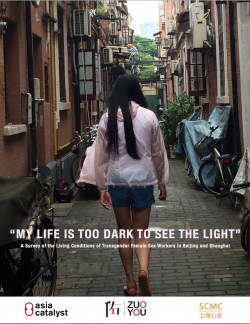 “My Life is too Dark to see the Light: A Survey of the Living Conditions of Transgender Female Sex Workers in Beijing and Shanghai” documents the daily reality for transgender female sex workers in Beijing and Shanghai. Based on 10 months‘ research by Asia Catalyst and two Chinese community based organizations, Beijing Zuoyou Center and Shanghai CSW (commercial sex worker)&MSM (men who have sex with men) Center, the report documents discrimination, police violence, legal restrictions and a policy environment preventing this highly marginalized group’s access to public services, legal identity and appropriate health care. They experience amplified stigma due to both their gender identity and their profession. Report available in English and Chinese.
“My Life is too Dark to see the Light: A Survey of the Living Conditions of Transgender Female Sex Workers in Beijing and Shanghai” documents the daily reality for transgender female sex workers in Beijing and Shanghai. Based on 10 months‘ research by Asia Catalyst and two Chinese community based organizations, Beijing Zuoyou Center and Shanghai CSW (commercial sex worker)&MSM (men who have sex with men) Center, the report documents discrimination, police violence, legal restrictions and a policy environment preventing this highly marginalized group’s access to public services, legal identity and appropriate health care. They experience amplified stigma due to both their gender identity and their profession. Report available in English and Chinese.
Custody & Education (C&E): Arbitrary Detention for Female Sex Workers in China found that China’s C&E System authorizes officials to arbitrarily detain sex workers and their clients for a period of six months to two years, without trial or judicial oversight. Asia Catalyst research found that, under the Custody & Education system, sex workers and clients in China are deprived of their freedom for long periods of time, subject to forced labor, involuntary HIV testing, and have no means to challenge the decision. Public security organs have full control over the decision to detain women accused of being sex workers as well as full supervision of the C&E Centers.
Read the report in English or Chinese→
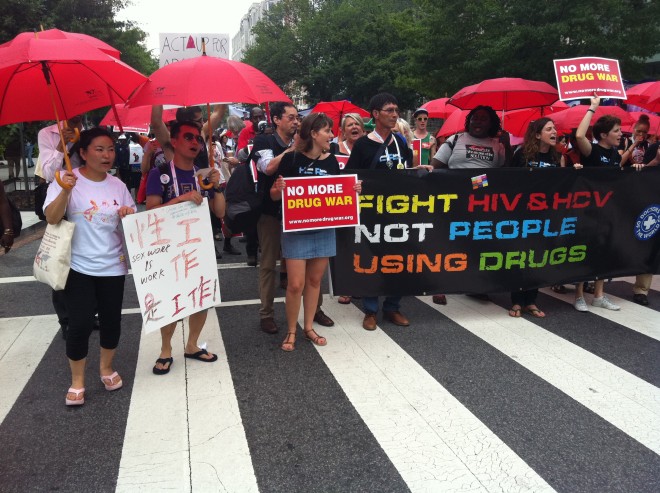 Employment Discrimination Against People Living with HIV/AIDS and Injection Drug Users was jointly published by Asia Catalyst and Kangxin Home, a group of former drug users living with HIV/AIDS in Mengzi City, Yunnan Province, China. The report documented that, in many cases, drug users and people living with HIV said they were fired after co-workers found out about their backgrounds.
Employment Discrimination Against People Living with HIV/AIDS and Injection Drug Users was jointly published by Asia Catalyst and Kangxin Home, a group of former drug users living with HIV/AIDS in Mengzi City, Yunnan Province, China. The report documented that, in many cases, drug users and people living with HIV said they were fired after co-workers found out about their backgrounds.
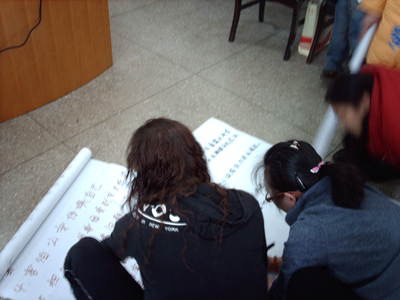 Medical Discrimination Against People Living with HIV/AIDS is the result of Asia Catalyst’s community-driven documentation project with Phoenix House, a small CBO in China. The report gives an up-close look at the experiences of people living with HIV/AIDS in China, in their own words. Because people living with HIV — in this case, sex workers — conducted the documentation, with the support of Asia Catalyst, the report provides a laser-sharp focus on exactly where policies need to be re-examined or better implemented – specific concerns that people from outside the community might have missed.
Medical Discrimination Against People Living with HIV/AIDS is the result of Asia Catalyst’s community-driven documentation project with Phoenix House, a small CBO in China. The report gives an up-close look at the experiences of people living with HIV/AIDS in China, in their own words. Because people living with HIV — in this case, sex workers — conducted the documentation, with the support of Asia Catalyst, the report provides a laser-sharp focus on exactly where policies need to be re-examined or better implemented – specific concerns that people from outside the community might have missed.
Civil Society
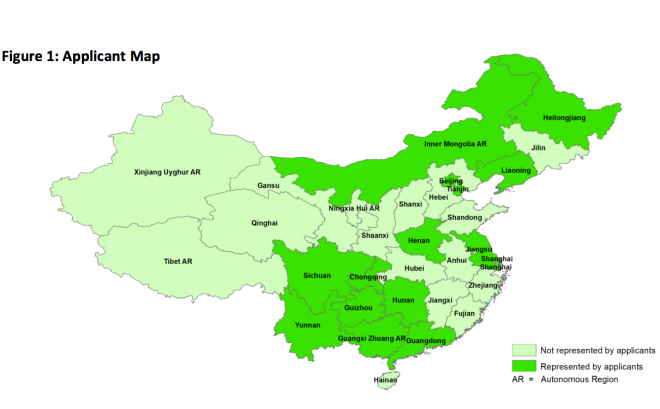 Managing Strengths and Weaknesses provides a snapshot of the state of health rights groups in China in 2012, based off information gathered from CBOs that participated in Asia Catalyst’s coaching program.
Managing Strengths and Weaknesses provides a snapshot of the state of health rights groups in China in 2012, based off information gathered from CBOs that participated in Asia Catalyst’s coaching program. In this report, Asia Catalyst concludes that, because
most
grassroots
NGOs are
unable
to
legally
register,
and
because
most
founders
have
little
to
no
prior
NGO
or
management
experience,
they
face
numerous
challenges
in
the
effort
to
professionalize
operations
while
providing
needed
services
and
conducting
policy
advocacy.
Read the report in English →
HIV Blood Disaster
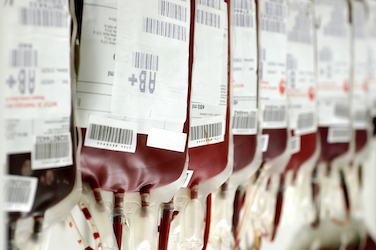 China’s Blood Disaster: The Way Forward, is jointly published by Asia Catalyst and the Korekata AIDS Law Center, an NGO in Beijing.
China’s Blood Disaster: The Way Forward, is jointly published by Asia Catalyst and the Korekata AIDS Law Center, an NGO in Beijing.
The report recommends China’s need for a compensation fund for victims of the blood disaster. Korekata researchers traveled to remote villages to interview more than 30 victims, and drew on the legal aid center’s dossiers of another 30 victims, as well as consulting experts and doing archival research.
Treatment Access
HIV Real-Name Testing: Is China Ready? is a joint report from Asia Catalyst and Korekata AIDS Law Center that calls on China to protect patient confidentiality, provide counseling, and end compulsory testing in order to encourage more people to get tested for HIV. Without these basic rights, the report says, Chinese government programs that aim to expand HIV testing will not succeed.
Read the report in English and Chinese→
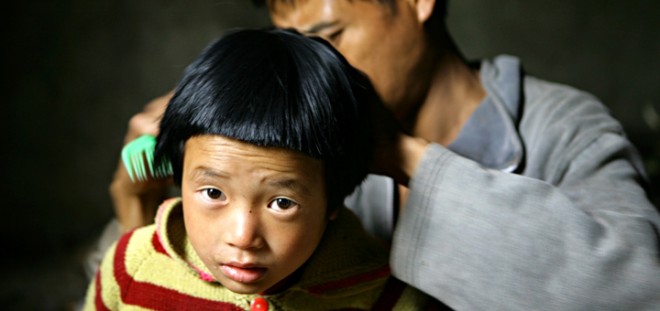 I Will Fight to My Last Breath: Barriers to AIDS Treatment for Children in China, documents how HIV-infected children in China face serious economic and social barriers to getting government-supported help to which they are legally entitled. These barriers range from gaps in the government treatment program that impoverished families cannot afford to fill, to the refusal by some hospitals to treat children with AIDS.The report draws on research in Beijing and in Yunnan Province, the southwestern province with the highest official HIV prevalence rate in China.
I Will Fight to My Last Breath: Barriers to AIDS Treatment for Children in China, documents how HIV-infected children in China face serious economic and social barriers to getting government-supported help to which they are legally entitled. These barriers range from gaps in the government treatment program that impoverished families cannot afford to fill, to the refusal by some hospitals to treat children with AIDS.The report draws on research in Beijing and in Yunnan Province, the southwestern province with the highest official HIV prevalence rate in China.

